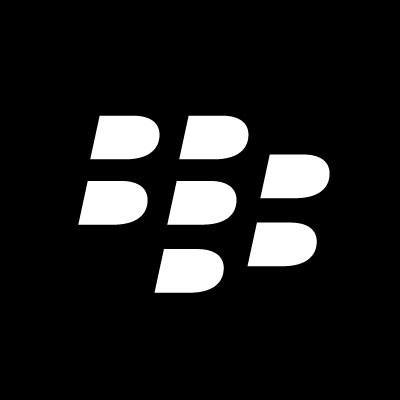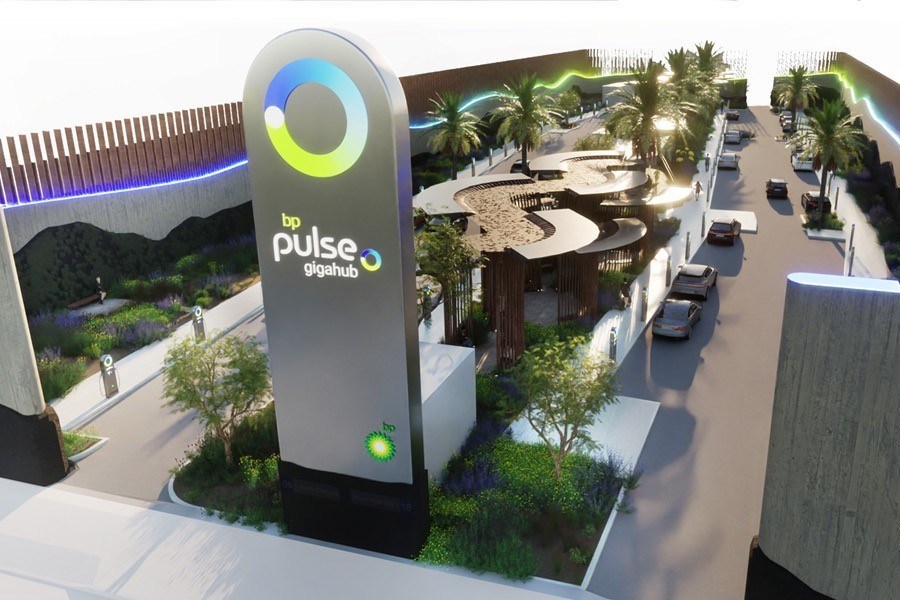BlackBerry Delivers Zero Trust Architecture Through BlackBerry Spark Platform for Unified Endpoint Security and Unified Endpoint Management

SAN FRANCISCO, Feb. 24, 2020 /CNW/ — RSA CONFERENCE 2020 — BlackBerry Limited (NYSE: BB; TSX: BB) today announced the BlackBerry Spark® platform with a new unified endpoint security (UES) layer which can work with BlackBerry® unified endpoint management (UEM) to deliver zero trust security. Leveraging artificial intelligence, machine learning and automation, BlackBerry Spark now offers improved cyberthreat prevention and remediation, and provides visibility across desktop, mobile, server, and IoT (including automotive) endpoints.
This comprehensive BlackBerry Spark platform benefits the user with a higher value of security, as well as user experience and productivities, which simplifies administration, reduces costs, and eliminates unnecessary friction. These capabilities provide users with efficient access across resources from any device, at any time, from any location, over any network, to maintain visibility and control.
Delivering on Zero Trust Security
The power of the BlackBerry Spark platform is the ability to understand and define risks, make contextual decisions based on large amounts of data, and dynamically apply a set of policy controls to address the risks while enabling a zero trust environment.
BlackBerry Spark platform offers the broadest set of security capabilities and visibility covering users, devices, networks, apps, and data. The platform’s six complementary technologies or pillars are: Endpoint Protection Platform (EPP), Endpoint Detection and Response (EDR), Mobile Threat Defense (MTD), Continuous Authentication, Data Loss Prevention (DLP), and Secure Web Gateway.
These pillars work together seamlessly to share data for reporting, calculate risk across more domains, and further enable policy controls. For example, EDR leverages EPP and MTD technologies to prevent malware across the organization. Continuous authentication uses data from MTD, EPP and EDR to create behavioral profiles. And finally, detailed understanding of data from DLP helps to further define the risks.
“BlackBerry Spark platform is built to enable zero trust security, focused on earning trust across any endpoint and continuously validating that trust at every event or transaction,” said Billy Ho, Executive Vice President of Enterprise Products at BlackBerry. “By validating user actions, the BlackBerry Spark platform continuously authenticates users to deliver a zero touch experience that improves security with no user interruption. In this way, dynamic trust is maintained across all devices, networks, data, users, and apps.”
In a recently published report1, Gartner said that it is “seeing the consolidation of MTD offerings with EDR and EPP tools. This will continue, combining to form a single solution during the next three to five years. Gartner has dubbed this combined infrastructure stack ‘unified endpoint security.’ Organizations should invest with this consolidation in mind.”
Improving Security While Simplifying Administration
BlackBerry is building the BlackBerry Spark platform to deliver this comprehensive security approach operating on one agent across all endpoints and one console for administrators. Threat data from all endpoints will be combined into one crowd-sourced repository and managed in one cloud environment.
- One Agent: Comprehensive endpoint support using a single agent, for desktop and mobile, IoT (including automotive and medical devices).
- One Console: Visibility across the enterprise to deliver security and zero trust with a zero touch end-user experience across endpoints, users, data, and networks managed through a single console.
- One Crowd: Leverage a proven AI-ML engine with years and multiple generations of threat detection and threat modelling that is continuously learning as your environment changes with new users, new devices, new applications, and new technologies.
- One Cloud: Instant access and visibility to high security requirements to enable the global ecosystem.
This will improve security posture of organizations, while simplifying administration and rationalizing investment across multiple security domains and multiple security vendors.
Works with Other UEMs
Enterprises will have the option of using UEM products other than BlackBerry UEM to connect to the UES through published APIs made available and maintained by the UEM vendors. This allows enterprises to preserve their existing infrastructure investment while gaining the benefits from UES.
Open Ecosystem
Enterprise and ISV developers can leverage the BlackBerry Spark SDK to easily incorporate security features into their applications.
Availability
The BlackBerry Spark platform currently ships with Continuous Authentication, EPP, EDR, and MTD. The company will be announcing Data Loss Prevention (DLP) and Secure Web Gateway in a future announcement.
For more information on BlackBerry Spark, please visit: www.blackberry.com/spark.
1 Gartner, Predicts 2020: Mobile and Endpoint Technologies, 3 Feb. 2020
About BlackBerry
BlackBerry (NYSE: BB; TSX: BB) provides intelligent security software and services to enterprises and governments around the world. The company secures more than 500M endpoints including 150M cars on the road today. Based in Waterloo, Ontario, the company leverages AI and machine learning to deliver innovative solutions in the areas of cybersecurity, safety and data privacy solutions, and is a leader in the areas of endpoint security management, encryption, and embedded systems. BlackBerry’s vision is clear – to secure a connected future you can trust.
BlackBerry. Intelligent Security. Everywhere.
For more information, visit BlackBerry.com and follow @BlackBerry.
Trademarks, including but not limited to BLACKBERRY and EMBLEM Design are the trademarks or registered trademarks of BlackBerry Limited, and the exclusive rights to such trademarks are expressly reserved. All other trademarks are the property of their respective owners. BlackBerry is not responsible for any third-party products or services.





